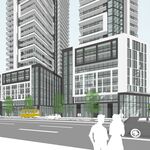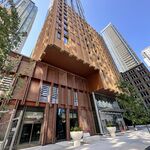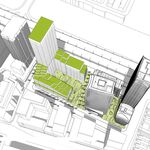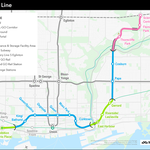Last week, the Province of Ontario and the City of Toronto formally signed an agreement to advance construction of four priority transit project in Toronto. This week, Caroline Mulroney, Ontario's Minister of Transportation, introduced legislation that she says will help Ontario deliver those four projects on-time and on-budget.
According to Province, the Building Transit Faster Act provides it "with the tools to expedite the planning, design and construction process". It says that the lack of these tools has delayed major projects in the past. If passed, the legislation would remove roadblocks and allow the Province to deliver projects faster by:
- relocating utilities more efficiently, while treating businesses fairly and making sure that utility companies don't pass the resulting costs to consumers;
- assembling land to build stations, tunnel and prepare sites, while treating property owners fairly;
- making sure contractors have timely access to municipal services and rights-of-way;
- inspecting and removing physical barriers with appropriate notification to property owners;
- co-ordinating nearby developments or construction so they don't delay the four priority subway projects.
"We are committed to delivering transit as efficiently and effectively as possible so we can get more people moving sooner. It will be important to work closely with our city partners in order to minimize the disruption and inconvenience for residents along these lines," said Phil Verster, President and chief executive officer of Ontario's regional transit agency, Metrolinx.
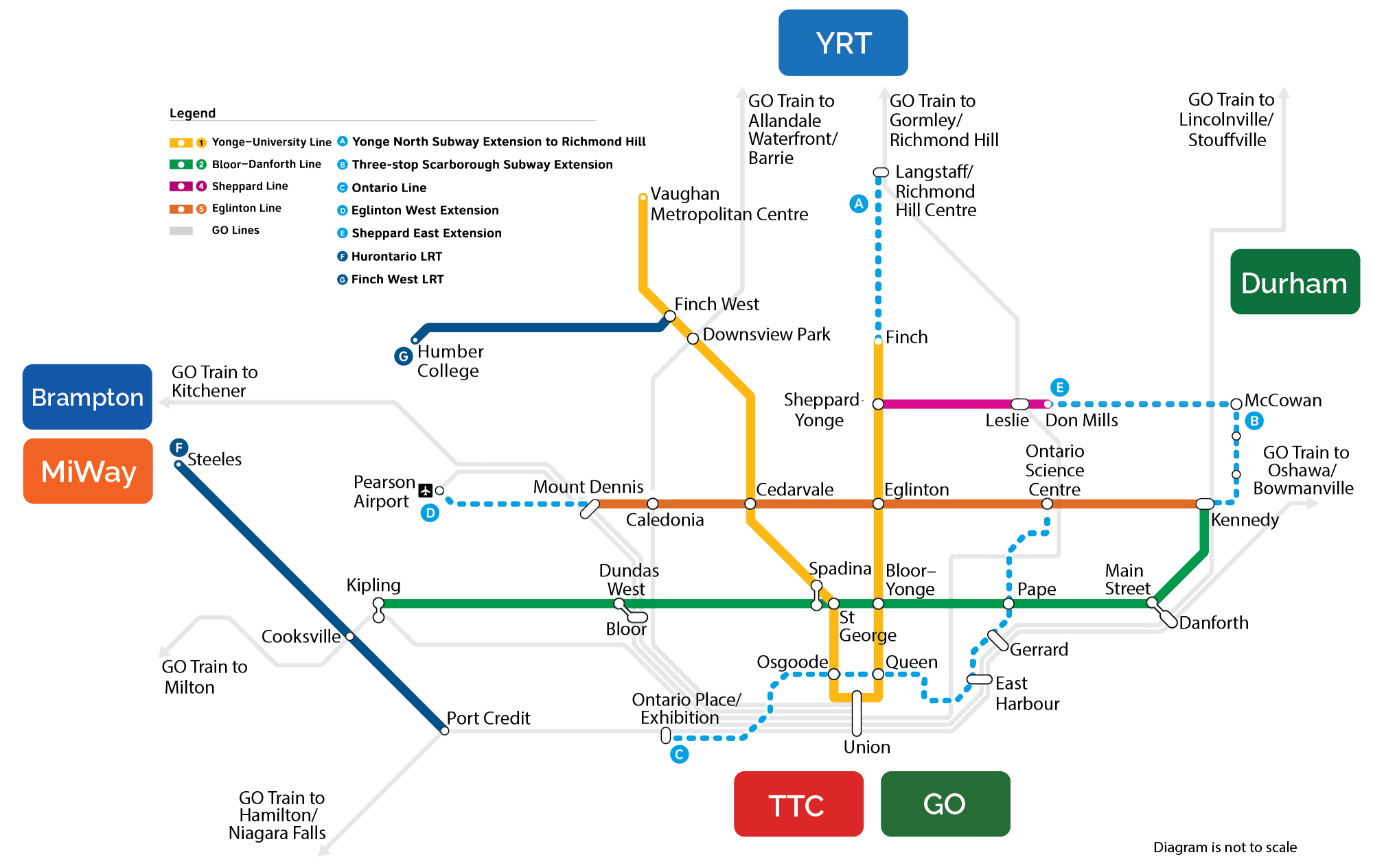 This map illustrates the Ontario government's vision for transit in Toronto and area, image, Province of Ontario
This map illustrates the Ontario government's vision for transit in Toronto and area, image, Province of Ontario
Ehren Cory, President and CEO of Infrastructure Ontario echoed Verster's remarks. He said, "We look forward to working with our public and private sector partners to deliver these priority transit projects efficiently and responsibly. Streamlining processes that lead to frequent delays will help reduce risk, control costs, and accelerate the delivery of new transit projects."
The projects include the Ontario Line, the Yonge North Subway Extension, the three-stop Scarborough Subway Extension and the Crosstown Eglinton West Extension.
The new Act, when passed, may indeed speed up the construction process so that Torontonians can get transit faster, but, in doing so, it may also reduce the rights of landowners to control their own properties and erode the independence of the City and other municipalities.
Under the new legislation, Metrolinx can require a utility company to relocate its infrastructure within a certain time-frame. The Act also introduces a clear process for managing disputes and allows Metrolinx to seek compensation from a utility company if it does not meet the timelines. According to the ministry, this is similar to the process it uses for highway projects.
The legislation also amends the Ontario Energy Board Act, 1998 to prohibit provincially regulated utilities (meaning: electricity and natural gas) to pass compensation costs resulting from delays to their ratepayers.
Ontario says that, currently, "redundant steps" require it to repeatedly demonstrate why it needs specific land for infrastructure projects one at a time. Under the current process, an owner whose land the government intends to expropriate can request a "hearing of necessity". An inquiry officer, "an independent, impartial person", hears the matter to determine if the expropriation is "fair, sound, and reasonably necessary" to achieve the objectives of the government.
The Building Transit Faster Act removes the possibility for landowners to ask for a hearing of necessity for any property the Province needs for the four priority transit projects. In this way, the Province says, it can "avoid unnecessary delays." Although the property owners would have less ability to challenge an expropriation, the Province says it would continue to "treat people fairly and compensate people whose properties are required."
 A community group is distributing this unofficial map of possible expropriations in Leslieville to support the Ontario Line, image, East End Transit Alliance
A community group is distributing this unofficial map of possible expropriations in Leslieville to support the Ontario Line, image, East End Transit Alliance
Ontario says it will work with the City of Toronto and other municipalities to "ensure timely access to rights of way and other services". For example, contractors working on one of the four projects may require access to a roadway to speed up construction. If the City and Province can't reach an agreement, the Minister of Transportation could use a new legislative provision to issue an order to close or modify a municipal road.
The new Act no longer protects trees on private or public property near these projects. It allows Ontario to inspect and remove physical barriers, such as trees, without permission from property owners but with appropriate notification. Ontario says that it has similar provisions in place for highway projects.
The Province says it wants to make sure nearby developments or construction projects don't interfere with or delay the projects. The new legislation would require a developer to obtain a permit to build or change any building, structure, road and underground utility infrastructure or excavate near a subway corridor. According to an Ontario news backgrounder, this would let the Province co-ordinate activities in and around the subway corridors and stations and manage the timing of construction activities to prioritize the subway projects.
At least one municipal leader is enthusiastic about these changes. Markham Mayor Frank Scarpiti said, "I am encouraged by the Provincial Government's move to streamline processes to build critical infrastructure and ensure priority transit projects like Yonge North Subway Extension are built on time, eliminating unnecessary and costly delays."
What do you think of this proposal? Add your comments in the form below, or join the discussion in our various dedicated Forum threads:
- Ontario Line;
- Line 1 extension to York Region;
- Line 2 extension to Scarborough;
- Eglinton West LRT.
* * *
UrbanToronto has a new way you can track projects through the planning process on a daily basis. Sign up for a free trial of our New Development Insider here.

 7K
7K 


















